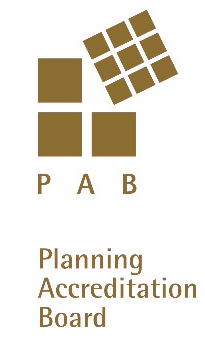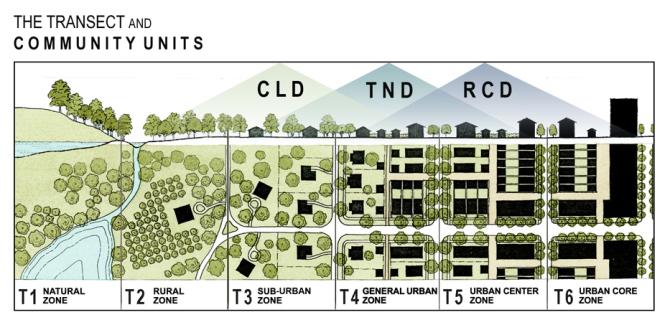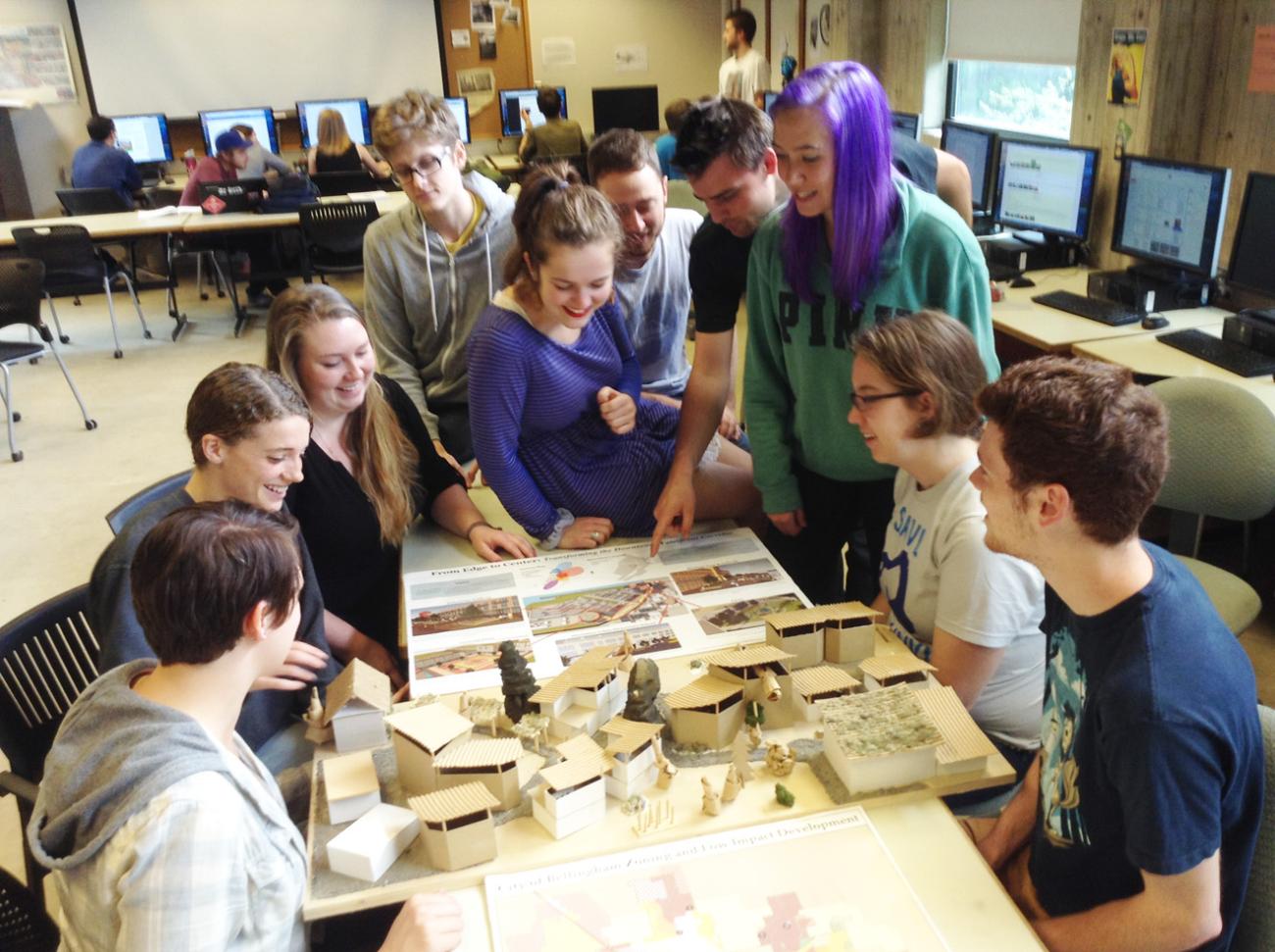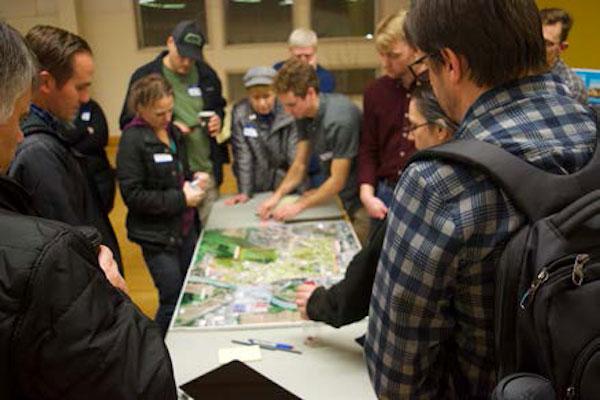UPSD Links
UPSD Program Links
Looking For a Professional Career to Help Shape and Change the World?
Planning tomorrow's sustainable and just community
Download a printable version of this page:
Consider a major in Urban Planning and Sustainable Development

accredited professional
BA degree program
WWU’s Urban Planning and Sustainable Development (UPSD) major emphasizes an interdisciplinary approach to solving complex problems that face communities. The program emphasizes a concern for progressive change that is needed in the design of equitable, healthful, livable, diverse and sustainable communities for present and future generations. The curriculum combines urban planning, sustainable design, policy and environmental science to provide students with an understanding of the multidimensional issues in urban development. Our program aspires to serve diverse communities and we encourage students with a breadth of backgrounds and life experiences to apply.
The program prepares students with the knowledge and skills that are necessary to make positive changes towards sustainability in an increasingly complex world. Graduates are prepared for professional careers in planning agencies, consulting firms, and non profit organizations at the local, state, and federal levels of government, as well as advanced graduate study.
For more information on the program and next steps to preparing your application, please visit our program website.
Vision
The program envisions a society where individuals and groups can fully participate in the planning and development of their communities such that basic needs of safety, shelter, livelihoods and opportunity for self-realization and participation are met for all. Community aspirations are discussed freely and form the foundation of planning for a more sustainable future, with special consideration for those who are most marginalized and for the ecological systems that sustain and inspire us.

The urban-rural transect and community units
Mission
The mission of the Urban Planning and Sustainable Development Program is to cultivate students to become future planning leaders who are ethical, knowledgeable, and technically capable to assist communities as they plan more sustainable futures. The Urban Planning program’s mission affirms and works within the broader mission of the College of the Environment to integrate an outstanding urban planning educational program through faculty-student collaboration, applied research, and professional and community service.
Many of our graduates go on to professional careers in urban planning, while others continue their graduate studies in urban planning, law, natural resource management, architecture, and public policy fields. Our curriculum is designed to help students make the intellectual connections and gain the practical skills necessary for building socially and environmentally sustainable community futures. Through the integration of urban planning with the natural and social sciences, and allied fields, the Urban Planning program endeavors to educate problem solvers who are able to meet the environmental challenges of our times.
WWU’s Urban Planning program’s mission emphasizes an interdisciplinary approach to solving complex problems that face communities from the local to the global level. The curriculum provides students with a solid core understanding of the linkages between urban and natural systems and the multi-dimensional problems faced in urban development. The program prepares students with the knowledge and skills necessary to make positive changes towards sustainability in an increasingly complex world.

Recommended Class Sequence
Junior Year
Fall
UEPP 170 Sust Futures
UEPP 261 American Cities
UEPP 270 Cities, Nature
UEPP 355 Env Law
UEPP 360 Plan Graphics
UEPP 369 Settler Cities
ENVS 372 Hazards Planing
UEPP 344 Comm Solutions
Electives / Specializations
Winter
UEPP 343 Urban Process
UEPP 352 Climate Policy
UEPP 355 Env Law
UEPP 356 Housing
UEPP 370 Plan History
UEPP 373 Transp Planning
UEPP 375 Indigenous Place
Electives / Specializations
Spring
UEPP 261 American Cities
UEPP 270 Cities, Nature
UEPP 322 Quantitative Pl
UEPP 343 Urbanization
UEPP 360 Plan Graphics
UEPP 369 Settler Cities
UEPP 374 LU Regs
Electives / Specializations
In addition to (in any quarter): UPSD Foundation courses; Specialization courses
Senior Year
Fall
UEPP 461 Land Use Law
UEPP 462 Planning Theory
UEPP 463 Native Am Pl
UEPP 470 Plan Methods I
UEPP 475 Comm Develop
UEPP 493 EIA
Electives / Specializations
UEPP 437/498 Experiential
Winter
UEPP 429 Design Principles
UEPP 451 Natl Res Policy
UEPP 457 Dispute Res
UEPP 461 Land Use Law
UEPP 464 Topics in Plan
UEPP 472 Plan Studio II
Electives / Specializations
UEPP 437/498 Experiential
Spring
UEPP 439 Design Applic
UEPP 443 Soc Justice City
UEPP 457 Dispute Res
UEPP 461 Land Use Law
UEPP 473 Plan Studio III
UEPP 474 Pl Sust Com
UEPP 493 EIA
Electives / Specializations
UEPP 437/498 Experientia
In addition to (in any quarter available): Specialization; Capstone, Experiential
Specializations
Elective Specializations
Select minimum 10 credits from the following categories. Substitute courses require Faculty Advisor approval.
[A] Urban Design; [B] Hazards Planning; [C] Tribal and Indigeneous Planning; [D] Climate Action; [E] Food Security; [F] Business and Sustainability; or [G] Student/Faculty Designed Elective Specialization, or [H] an approved Minor.
Note: Verify course availability, scheduling, and prerequistes in the WWU Course Catalog or in WWU class finder

Curriculum Map: Academic Year 2023-2024
Urban Planning and Sustainable Development Major: Minimum 97 credits
UPSD Environmental Policy Foundation - Option A (25 credits min.)
ECON 206 or FAIR 367B or UEPP 202; MATH 112 or MATH 114 or placement score
ENVS 203 or 204, UEPP 261, UEPP 270; ECON 383 or PLSC 250 or UEPP 355; ESCI 204 or ESCI 225.
UPSD Environmental Sciences Foundation - Option B (26 credits min.)
MATH 114 or math replacement score, BIO 101 OR BIO 204, CHEM 161; PLSC 250 or ECON 383 or UEPP 355; ENVS 203 or ESCI 225 or ESCI 204; two courses from: ESCI 302, 325, 330, 333, 361, 380, 392 404, 442, 463 or other 300 or 400 level courses with advisor approval.
The Urban Planning Core (minimum 52 credits min.)
Planning History, Theory, and Knowledge
UEPP 343 - Urbanization: Processes and Patterns; UEPP 370 - History of Planning; UEPP 373 - Transportation Systems and Planning or ENVS 464 - Topics in Planning; UEPP 461 - Land Use Law; UEPP 462 - Planning Theory; One course from: UEPP 352 - Climate Change Politics and Policy or UEPP 463 Native American Planning & Resources Policy or UEPP 356 Sustainable Housing Innovations
Planning Methods
UEPP 322 - Intro to GIS and Quantitative Skills for Planners; UEPP 360 - Plan Graphics and Site Design; UEPP 374 - Land Use Regulations and Technical Writing; UEPP 475 - Community Development and Participatory Methods; One course from: UEPP 457 - Environmental Dispute Resolution or ENVS 372 Natural Hazards Planning or ENVS 442 Regional Environmental and Economic Resource Modeling
Planning Skills
UEPP 470 - Planning Methods Planning Studio I: Urban Design Methods; UEPP 472 - Planning Studio II: Plan Development; UEPP 473 - Planning Studio III: Implementation
Planning and Diversity - One course from:
UEPP 443 – Urban Environment and the Just City; UEPP 463 – Native American Planning and Natural Resources Management; UEPP 369 - Settler Cities; ESCI 404 - Indigenous Resource Management
Specialization Electives (minimum 10 credits) Select 1 of the following:
Urban Design
UEPP 429 - Urban Design Principles and Methods; UEPP 439 - Applications in Urban Design; UEPP - Planning for Sustainable Communities
Hazards Planning Specialization
ENVS 362 - U.S. Disaster Policy; ENVS 372 - Natural Hazards Planning; ENVS 476 - Disaster Reduction Studio.
Tribal and Indigenous Planning (select 3 courses)
UEPP 369 - Settler Cities; UEPP 375 - Indigenous Placemaking; UEPP 463 - Native American Planning and Nat Resources Policy; ENVS 404 - Indigenous Resource Management
Climate Action (select 3 courses)
UEPP 344 - Community Solutions to Climate Change; UEPP 352 Climate Change Politics and Policy; ENRG 360 - Energy Effieient and Carbon Neutral Design; UEPP 440 - Public and Stakeholder Engagement in Energy, Climate and Env Policymaking; UEPP
Food Security
UEPP 410 - Agroecology and Resilient Communities; UEPP 411 Agro Ecology Practicum; UEPP 415 - Planning Studio Food Security
Business and Sustainability
ECON 383 - Env Economics; ENVS 359 Business and Sust Principles and Practices; ENVS 466 Green Business Applications
Student / Faculty Designed Specialization.
Three courses, Faculty Advisory approval.
Completion of a Minor
Requires Faculty Advisor and UPSD Program Director approval.
Culminating Capstone and Experiential
(minimum 8 credits)
Capstone Course
UPSD majors are encouraged to take ENVS 410, 474, or UEPP 493
Experiential
(minimum 5 credits) UEPP 437 or UEPP 498 A, B, C or D.

How to Apply to the UPSD Major
Review the College of the Environment website for Application Form and Deadlines
As a nationally accredited professional planning program, admission to the urban planning and sustainable development major at the College of the Environment is a competitive process. The program typically accepts a junior cohort class of about 25 students during spring quarter. Before applying, students are encouraged to complete UPSD foundation courses.
Application Content - submit an application (and a PDF copy) that includes the following:
- A statement of interest (700-1,000 words) that describes your interest in the urban planning major; your familiarity with urban planning and sustainable development problems; and your vision and affinity to work in the planning field.
- A plan of study created with and approved by the College Professional Advisor.
- A resume summarizing academic, curricular, extra-curricular, and volunteer activities.
- A portfolio of work that demonstrates your skills and affinity with the major. Suggested portfolio materials include any or all of the following, or other materials that represent your vision, skills, and experience: a) examples of your best academic writing; b) an annotated list of no more than three inspirational readings; c) examples of creative expression, drawings, or other illustrative skills; and d) description of volunteer or work activities.
Applications are ranked based on the applicants’ demonstrated interests in solving urban planning problems; commitment to planning’s social and environmental justice goals; aspirations for working in the public interest; relevant skills and experiences; and academic performance. Applicant selection is also based on creating a cohort representing diverse perspectives and lived experiences. To become familiar with the work of urban planning and our program’s curriculum, applicants should review the American Planning Association website as well as the program’s website.
Applications are accepted at the College of the Environment Office, ES 539 for admission to the program. If you have any questions, please contact a professional advisor at the College of the Environment’s Student Support office in ES 539, or by phone 360-650-2817, or 360-650-3748. For further information, questions, or application forms, please visit the College of the Environment website.